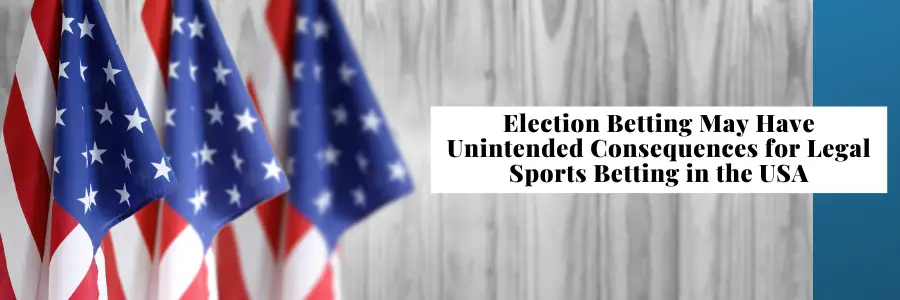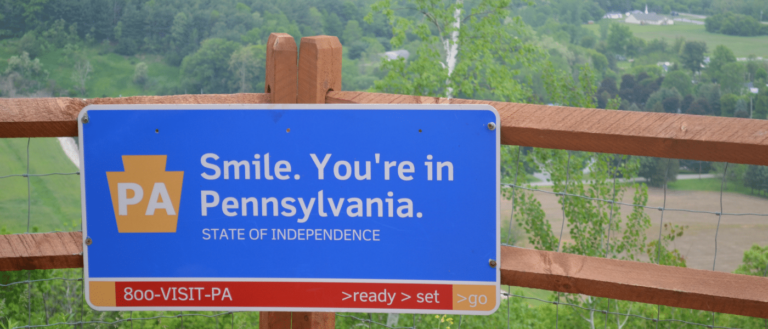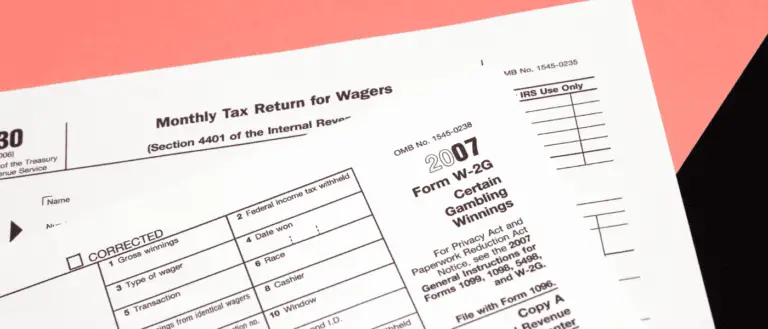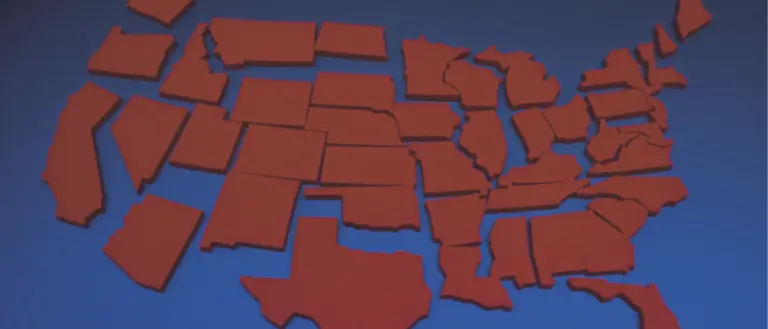Election Betting: Consequences For US Sports Betting?

For 15 minutes Tuesday evening, FanDuel Sportsbook in West Virginia was offering lines on presidential betting. We summarized the West Virginia political betting debacle as it happened, but the overarching questions are, should West Virginia have gone down this road? And will there be any fallout?
Legal questions aside (and there are many), the bigger problem is that election betting is a near-lock to garner unwanted attention: Federal attention.
As Richard Schuetz put it on Twitter, a state offering presidential election wagering is inviting the camel’s nose under the tent.
But before I delve into that topic, there are state and federal laws to consider.
West Virginia Has a Statute Prohibiting Election Gambling
West Virginia state law has a section on betting on elections:
“It shall be unlawful to bet or wager money or other thing of value on any election held in this state. Any person violating the provisions of this section shall be guilty of a misdemeanor, and, upon conviction thereof, he shall forfeit the value of the money or thing so bet or wagered and shall be fined not more than $50.”
However, the state’s sports betting law seems to give the lottery the ability to authorize any event. As such, there’s some disagreement on whether or not the state’s sports betting law provides the lottery with authority to offer election betting.
Federal Precedent Regarding Election Betting
Navigating federal gambling laws is tricky enough, but when you add politics to the equation, the labyrinth gets even more convoluted, as the Commodities Futures Trading Commission (CFTC), has weighed in on the topic several times.
As the National Review explained in an article on election betting:
One major obstacle may be the Commodities Futures Trading Commission (CFTC), which treats some political gambling as a futures market.
[…]
The CFTC allows political futures trading in limited circumstances. In a 1993 “no action” letter, it promised not to prosecute the Iowa Electronic Market — America’s only political gambling market, which is run for research purposes by the University of Iowa — so long as bets were limited, the scheme served a research purpose, and the management was purely academic. The CFTC granted another “no action” letter to a New Zealand university in 2014, allowing a slightly less restrictive operation called Predictit. But it prohibited a larger operation [NADEX] from listing political outcomes as tradable events. The CFTC so far appears to favor research applications and a lack of profitability in selecting organizations to exempt. Though maybe they would approve futures trading on future no action letter recipients.
That doesn’t mean the CFTC has the final say on election betting at sportsbooks, but it has a precedent for dealing with election betting and may weigh in or file a complaint that would lead to federal action.
The Goal Should Be to Fly Under the Federal Government’s Radar
Circling back to unwanted federal attention, Congress is not going to sit idly by while wagering on a presidential election takes place in West Virginia, or any other US jurisdiction.
There will be immediate calls to investigate the matter under the auspices of ensuring election integrity and determining its potential impact. And you can bet your bottom dollar that the professional sports leagues will applaud that effort and use it to rehash the need for sports betting integrity fees.
Furthermore, it could lead to an issue that everyone seems to be ignoring coming to the forefront: The Wire Act.
PASPA was repealed, but the Wire Act was not.
There’s a legal battle regarding the Wire Act’s applicability to online gambling playing out, but there’s no debate about the Wire Act’s applicability to sports betting.
Everyone just seems to be conveniently forgetting that even if the Wire Act doesn’t apply to online casino, poker, and lottery, it does apply to online sports betting, and possibly the transferring of betting information, like lines from one state to another.
As Daniel Wallach wrote in Forbes in July 2018:
Even with the Supreme Court’s invalidation of PASPA, the Wire Act would still stand as a formidable legal obstacle for the transmission of sports wagers across state lines, even in those situations where both of the States at issue (i.e., the state where the wager was initially placed, and the state where the wager is ultimately received) had legalized sports betting. This is because the Wire Act criminalizes the interstate transmission of all bets and wagers on sporting events, regardless of whether such betting is legal in a particular state. Unlike several other federal anti-gambling laws (such as the Travel Act), the Wire Act does not require a predicate violation of state law to support a criminal conviction. Stated another way, the legality of sports betting in a particular state would not provide any defense to a Wire Act prosecution where the charged offense is based upon the interstate transmission of a “bet” or “wager.”
And here’s a terrific read on the subject from Business Law Today titled: The Wire Act and Other Obstacles to Online Sports Gambling After Christie.
Perception of Influencing an Election
Finally, a lot of it comes down to perception, and the reputation of the industry. The industry’s reputation has been under fire for decades, and it’s made considerable strides in improving it over the years. It doesn’t want to throw it away to offer lines on elections.
As former Nevada Gaming Control Board Chairman AG Burnett said when the state legislature was discussing election betting in 2013, “At the end of the day what we care about is two things, the state’s reputation and also, of course, patrons.”
It’s the first part of Burnett’s statement that is important, the state’s reputation. For instance, does Nevada want to be seen as having influenced an election or linked to low voter turnout because of the odds it gave a candidate?
At the end of the day, casinos and sportsbooks need to ask themselves a question when they consider offering these betting markets: Is it worth it?
Do they want to be linked to undermining election integrity (rightly or wrongly)?
Do they want the federal government to hold hearings that might result in unfriendly federal oversight guidelines?
Do they want to find out how literally the federal government can interpret the Wire Act and interstate communications?
Are they ready to have the “where does a bet take place debate?”
And most importantly, do they realize that logic and rational thinking will take a backseat to bombast and special interests in these proceedings, or during the drafting of federal oversight guidelines?







